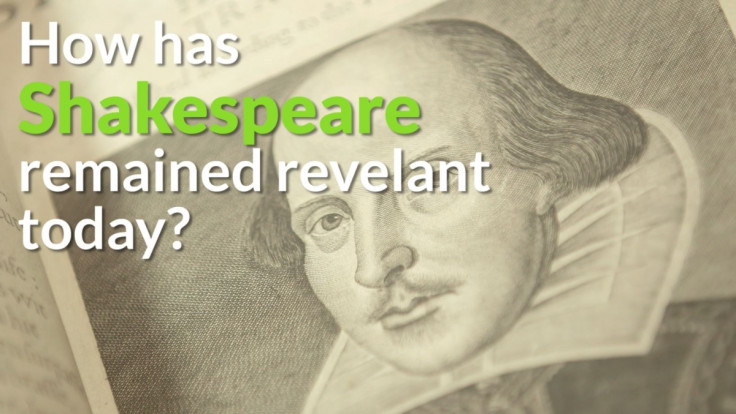AI determines that Shakespeare did not share credit for 'Henry VIII'
It turns out the "the bard" may have been a credit stealer.
Shakespeare may be the most popular playwright, but he has been long accused of taking credit for all his plays as others are expected to have been involved. The Marlovian theory of Shakespeare authorship goes as far as to state that Christopher Marlowe and not William Shakespeare was the main author of most of plays and poems attributed to the latter.
While assertions have been made and denied in this regard, confirmation has been difficult to get, as many years have passed since the literature was written.
However, AI may have the solution and may have put up interesting observations. According to a new artificial intelligence-based study done by Cornell University researchers, Shakespeare's play "Henry VIII" may have been a joint effort and not a lone one. The credit for the play to date has gone to only Shakespeare.
Researcher Petr Plecháč has created a machine learning system, which has determined that parts of the play have been written by Shakespeare's contemporary and long-term collaborator John Fletcher.
How this was done is also interesting – The word choices and rhythms of both Shakespeare and Fletcher were analysed using a "rolling window" technique by looking at the literature as a whole rather than endings or beginnings.
The AI determined that almost half of the play had been written by Fletcher. Fletcher pitched in both the beginning and end of scenes and even wrote together with Shakespeare, which indicates very close authorship.
The AI also sheds light on the other authors who have also been named as Shakespeare's possible collaborators – Philip Massinger. It rules out that "Henry VIII" had more than two playwrights writing it.
AI may be the key to solve disputes over the authorship of literature, not just for the contemporary one, but even for old literature. It may not be definitive though as many authors try to imitate each other.
However, it may soon make plagiarism a thing of the past.

© Copyright IBTimes 2025. All rights reserved.





















